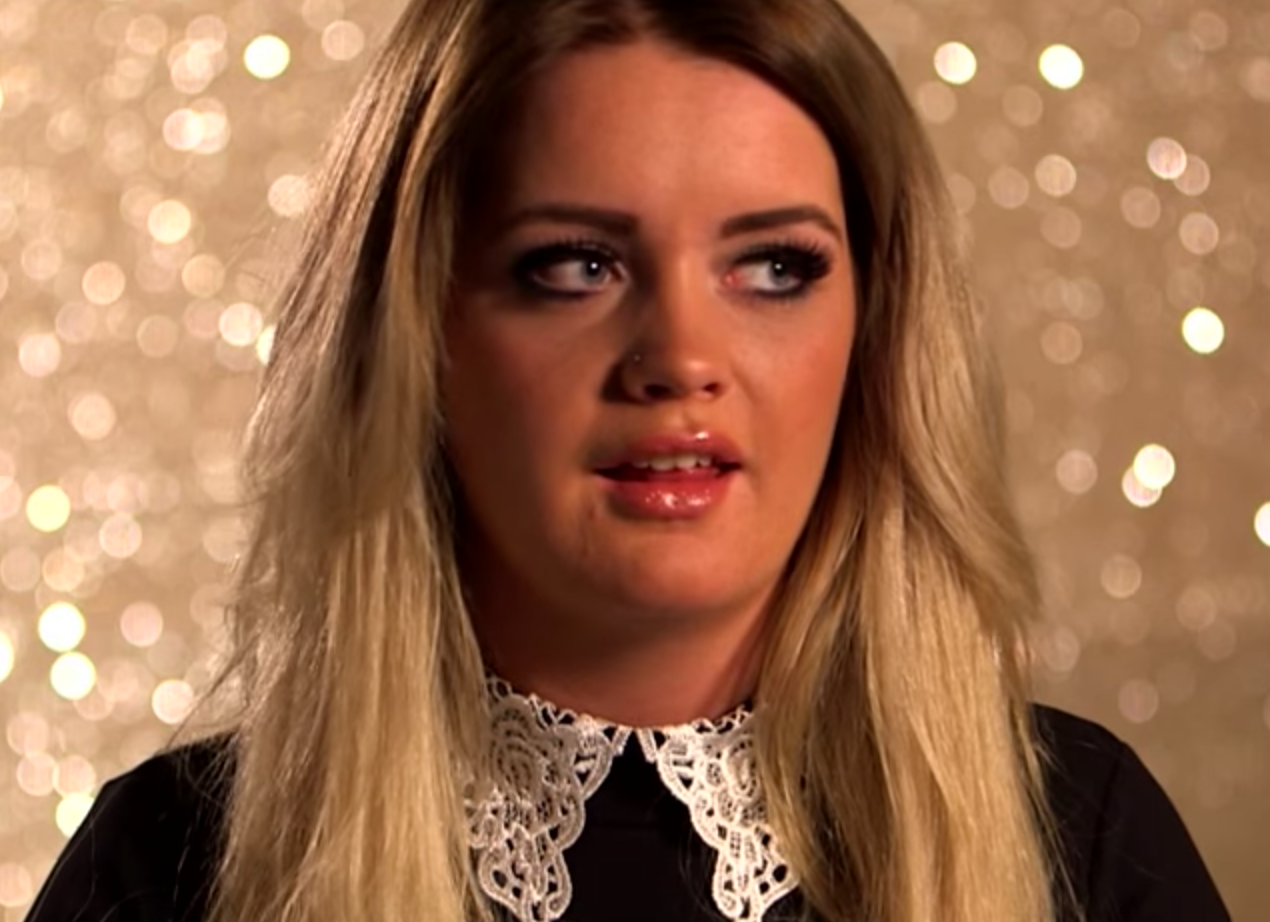Britain's youngest Euromillions winner planning to sue lottery bosses for 'ruining' her life
‘I thought it would make it 10 times better but it’s made it 10 times worse. I wish I had no money most days,’ says Jane Park

Britain’s youngest Euromillions winner has revealed she is planning to take legal action against lottery bosses for negligence.
Jane Park, who won £1m at the age of 17, said winning the windfall had “ruined” her life and she often thought things would have been better if she had never won.
Ms Park, now 21, argued that someone of her age should not have been allowed to win such a substantial sum of money. She said 18 should be the minimum age for winning the lottery and suggested the current limit of 16 was too young.

She said she had become bored of relentless consumption and felt like it failed to offered long-term genuine happiness. Before winning the lottery, Ms Park, who now owns two properties, worked as an admin temp for £8 an hour and lived in a small flat with her mum in Edinburgh.
“I thought it would make it 10 times better but it’s made it 10 times worse. I wish I had no money most days. I say to myself, ‘My life would be so much easier if I hadn’t won’,” she told the Sunday People.
“People look at me and think, ‘I wish I had her lifestyle, I wish I had her money.’ But they don’t realise the extent of my stress. I have material things but apart from that my life is empty. What is my purpose in life?”
“I think 18 should be the minimum age for winning the lottery, at the least. The current age of 16 is far too young.”
Despite the fact that Camelot, which runs EuroMillions in the UK, appointed an adviser to help Ms Park deal with her newly accumulated wealth, she said it was family advice that helped her keep her spending in check.
“I’ve read about other lottery winners who’ve just blown it all and I can totally see how it can be done,” she said. “I was stuck in front of a financial adviser who was using words like investment bonds. I had no clue what they meant.”
Ms Park said it was unsettling how differently her life had turned out from her friends, making her feel isolated.
“It’s scary how different my life is from my friends’. When they say they’re stressed about the money they mean their wages are s***,” she said. “There’s no one in the same boat as me, no one who really understands. I feel like I’m a 40-year-old.”
A spokesperson for Camelot told The Independent: "Camelot takes its duty of care to winners very seriously and all major winners are offered support and advice for as long as they wish. That support is tailored to each winner's situation and circumstances – and for younger winners, their age will obviously be an important factor in the advice and support offered.
“Following her win, Jane received extensive support from Camelot," it continued. "A dedicated winners’ adviser visited Jane at home to pay out her prize, arrange private banking and support her through the publicity when she chose to share news of her win. An independent financial and legal panel was set up shortly after her win and we put Jane in touch with another winner who won at the same age, to share their experience and help Jane adjust to the win.
“We keep in contact with all major winners for as long as they wish and have been in touch with Jane from time to time since her win to offer ongoing support. Of course, it is always up to the winners themselves as to whether they want to take us up that ongoing support and advice – but the door is always open and we will continue to support Jane in any way we can if that is what decides she wants.”
Camelot said the minimum age limit to play the lottery was an issue for Parliament to deal with.
“Anyone over the age of 16 can play the lottery, and therefore win a prize,” they said in a statement. “Camelot doesn’t set the age limit to play – this was agreed at the launch of the National Lottery back in 1994 and so any questions about the legal age to play would be a matter for Parliament.”
While most who play the lottery fantasise about the moment of winning the jackpot, the reality of winning can be more complicated. There are numerous stories of lottery winners who have struggled to get used to quitting their jobs and becoming rich overnight.
Callie Rogers, who was 16 and earning £3.60 an hour when she won a National Lottery jackpot worth £1,875,000 in 2003, struggled to adjust to her newfound wealth. She went on a spending spree and is reported to have tried to kill herself.
Ironically, Rogers has said she is much happier now she has spent her fortune. "I don't think of myself as a lottery winner - I try to forget the ups and downs I’ve been through and just feel like a normal person," she explained in 2013.
"It was too much money for someone so young. Even if you say your life won’t change, it does - and often not for the better."
Join our commenting forum
Join thought-provoking conversations, follow other Independent readers and see their replies
Comments
Bookmark popover
Removed from bookmarks